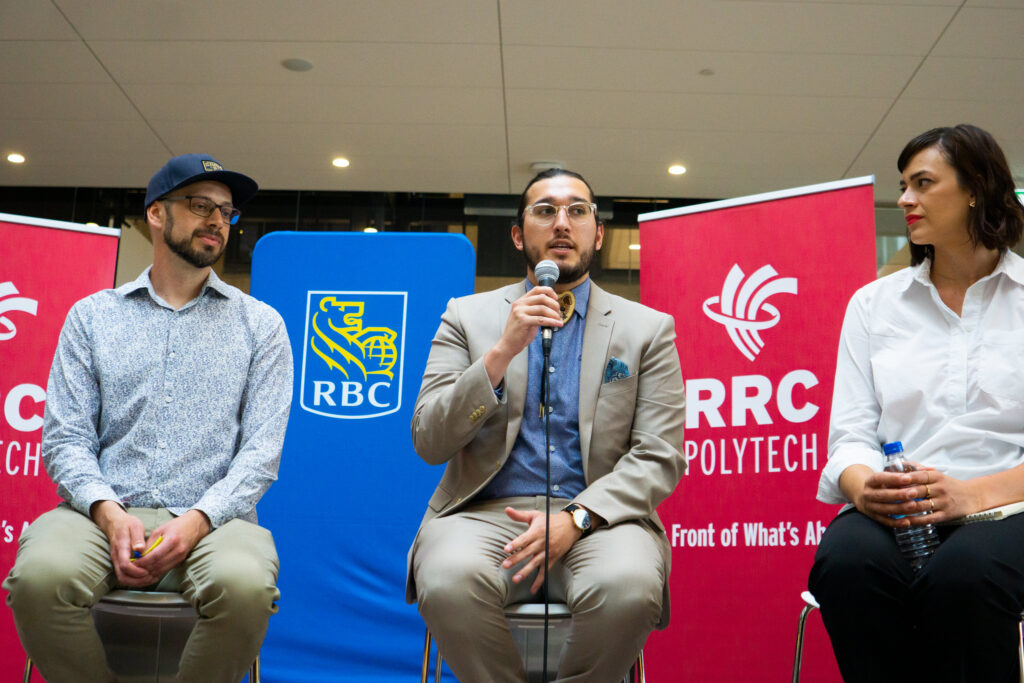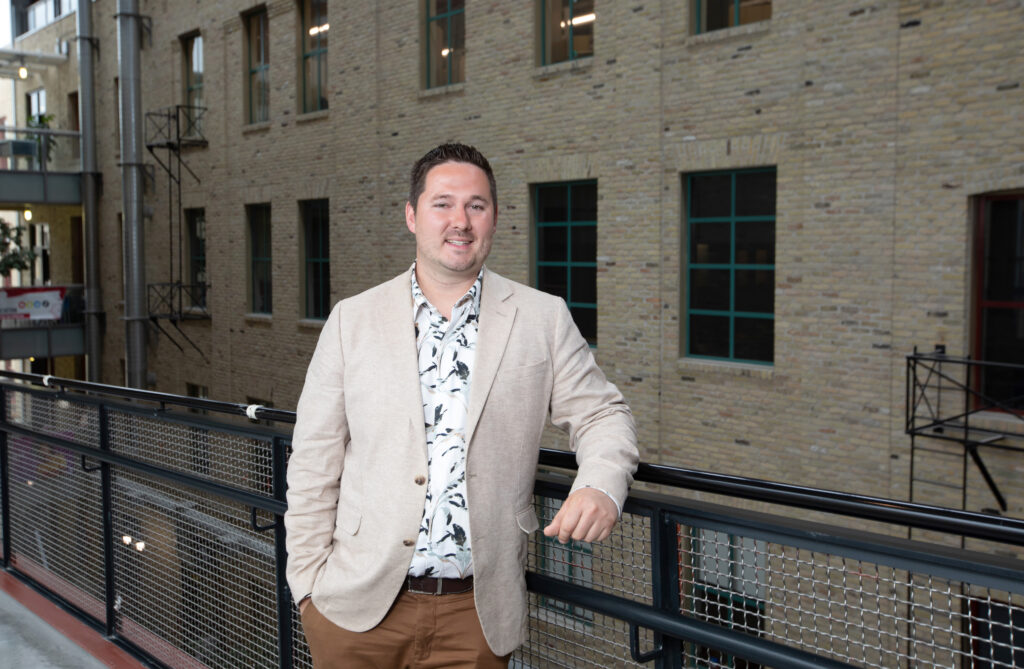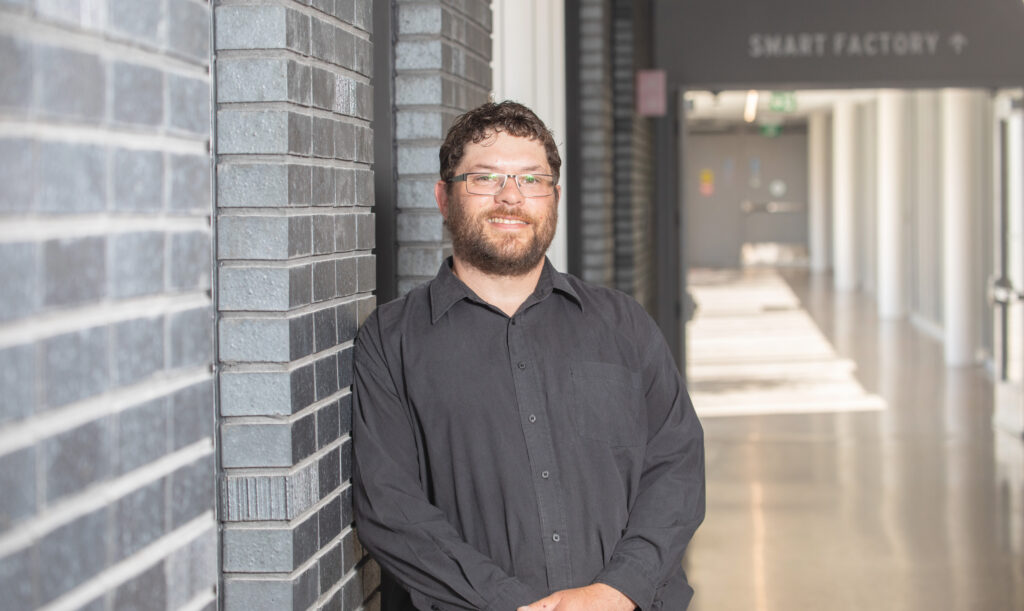RRC Polytech and RBC celebrate Indigenous food, fashion and music
In partnership with RBC Future Launch, Indigenous culture takes centre stage today as RRC Polytech students, staff and community members gather for a celebration highlighting the importance of entrepreneurship in Indigenous culture.
Running 1:00–5:00 p.m. at Manitou a bi Bii daziigae, Indigenous Food, Fashion and Music: An RBC Reaction by Collision Community Event will showcase Indigenous culture and arts in Winnipeg. As part of RRC Polytech’s commitment to equity, diversity and inclusion, the event will immerse guests in Indigenous culture, as represented by some of the brightest local entrepreneurs, chefs, designers and performers.
“Representation and celebration of Indigenous culture is an important way to let Indigenous students, staff and community members know they are welcome here and they belong at RRC Polytech,” says College President Fred Meier.
“When RRC Polytech connects with partners like RBC, amazing things can happen. This is the second year we’ve had the pleasure of hosting the RBC Reaction by Collision Event in-person, and I’d like to take this opportunity to thank RBC for choosing to support RRC Polytech students.”
Event highlights will include a haute couture fashion show, delectable cuisine from local chefs, a crafter’s market with local artisans and music provided by Juno nominees Indian City. Featured guests include Brownees Urban Bistro, Feast Café Bistro, Olivia Nasikapow, Gayle Grubin, Dawn Harris, OGICHIDAA, and many others.
Miranda Harper, an RRC Polytech grad and drummer in the local rock band Venus Man Trap, is taking part in the event’s panel and looks forward to sharing her experience as an Indigenous musician with students and community members.
“We’re showing future Indigenous generations that they’re welcome here, that there’s space for them to innovate and be bold,” Harper says. “I get inspired when young people ask me questions, either about my experience as a musician or about my career in commercial banking. It’s important for me to share the path and journey I went on to get to where I am and hopefully motivate others to do the same.” Read More →










